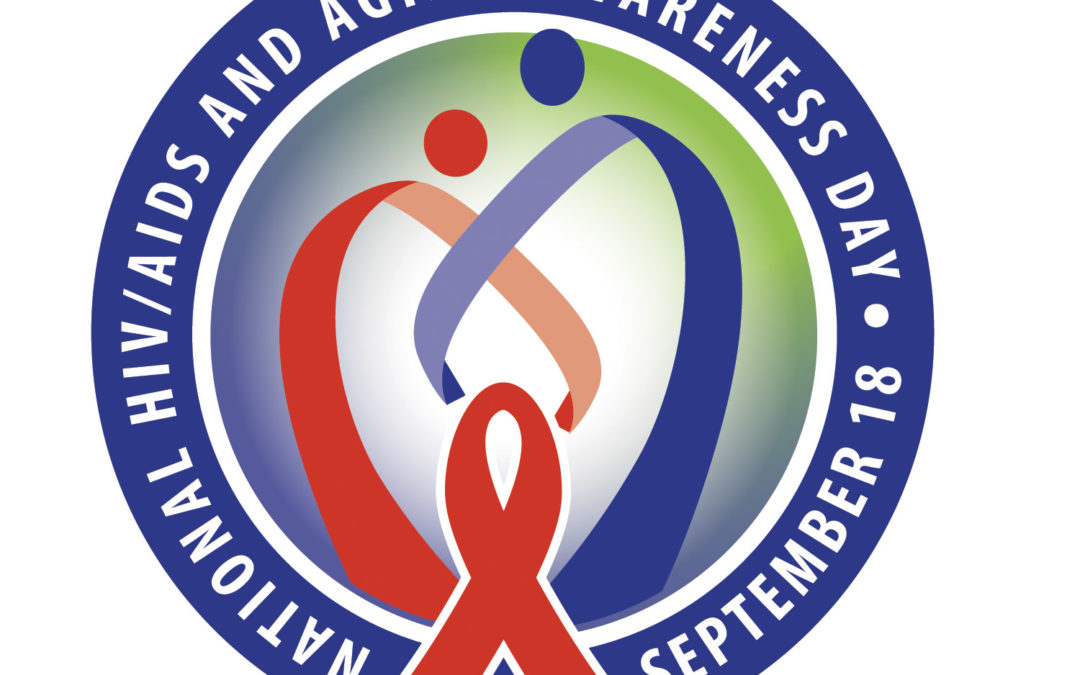September 18th is National HIV/AIDS and Aging Awareness Day! Launched by the AIDS Institute in 2008, National HIV/AIDS and Aging Awareness Day calls attention to the growing number of people living long lives with HIV and the age-related challenges of HIV prevention, testing, treatment, and care.
Many older adults are not getting tested for HIV. There is a popular misconception that older adults do not have sex or use drugs, leading to a lack of HIV testing among this population. There is also a lack of public education about HIV/AIDS targeted toward older adults, meaning that older individuals may be less aware about how to reduce their risk of HIV transmission.
Advances in the treatment of HIV means that people diagnosed with the virus are living long and successful lives, yet there is a shortage of social services and support mechanisms for older adults living with HIV/AIDS.
Nearly half of people in the United States living with diagnosed HIV are aged 50 and older. Though new HIV diagnoses are declining among people aged 50 and older, around 1 in 6 HIV diagnoses in 2016 were in this group.
The number of older adults living with HIV is increasing as people who diagnosed with HIV at a younger age are growing older. Life-long treatment with HIV medicines (called antiretroviral therapy or ART) is helping people live longer, healthier lives. The growth in the population of older adults living with HIV is additionally due to the fact that thousands of older people are newly diagnosed with HIV every year.
The Centers for Disease Control and Prevention (CDC) recommends that everyone 13 to 64 years old get tested for HIV at least once as part of routine health care and that people at higher risk of infection get tested more often. Your health care provider may recommend HIV testing if you are over 64 and at risk for HIV infection.
There are several reasons why older adults are less likely to get tested for HIV:
- Health care providers may not always think to test older adults for HIV.
- Some older people may be embarrassed or afraid to be tested for HIV.
- In older adults, signs of HIV infection may be mistaken for symptoms of aging or of age-related conditions. Consequently, testing to diagnose the condition may not include HIV testing.
Check out the following resources for more information on HIV and Aging:
- HIV and Older Adults (AIDSinfo)
- HIV Among People Aged 50 and Over (CDC)
- HIV, AIDS, and Older People (National Institute on Aging)

